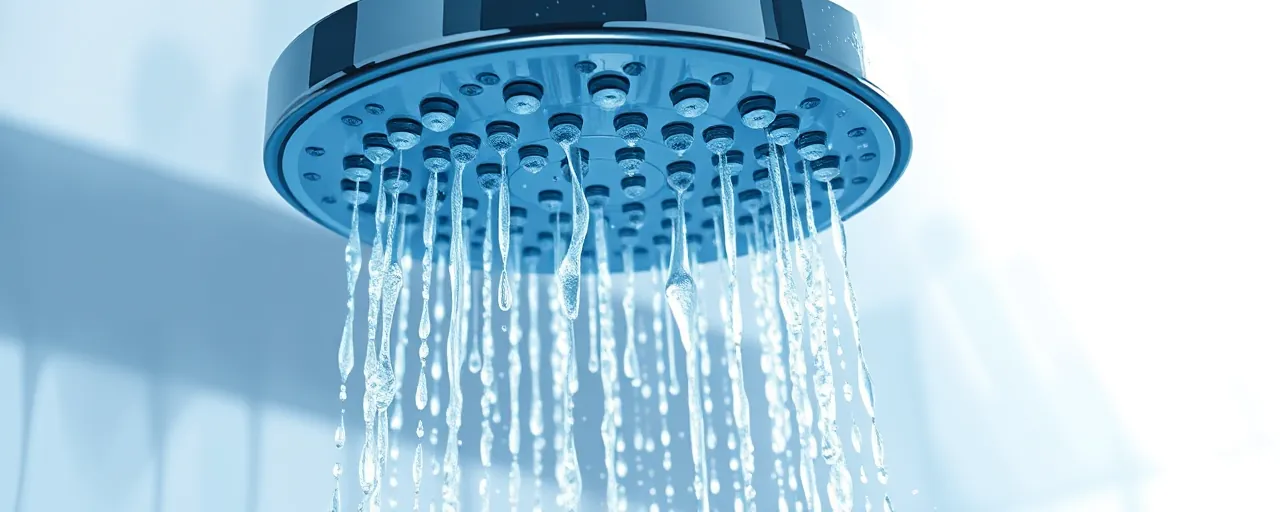A New Directive From the White House
On April 9, 2025, President Donald Trump signed an executive order that caught many off guard, targeting a seemingly mundane piece of bathroom hardware: the showerhead. The directive scraps a detailed regulation from 2021 that defined showerhead specifications in thousands of words, a rule rooted in energy efficiency efforts from the prior administration. Instead, Trump pointed to a single-sentence definition from the Oxford English Dictionary, arguing that complex federal rules choke both the economy and personal freedom.
This move isn’t just about water flow, it’s a signal of a larger policy shift. The administration frames it as a win for simplicity and consumer choice, peeling away layers of what it calls bureaucratic overreach. Yet, the decision lands amid fierce debates over how much regulation Americans need, or want, when it comes to everyday appliances, and it’s got people wondering what’s next for their wallets and the planet.
The Nuts and Bolts of the Repeal
The order directs the Secretary of Energy to undo the 2021 Energy Conservation Program rule, which set strict standards for showerheads to save water and energy. Effective 30 days after its publication in the Federal Register, the repeal skips the usual public comment period, a choice the White House justifies by calling the original regulation unnecessary. Supporters say it frees manufacturers from red tape, letting them innovate without federal meddling.
On the flip side, energy experts point to decades of data showing efficiency standards cut household bills by about $500 a year on average. Without these rules, they warn, less efficient models could creep back into stores, driving up utility costs and emissions. It’s a tug-of-war between deregulation advocates who prioritize market freedom and those who see mandated efficiency as a shield for consumers and the environment.
A History of Rules and Rollbacks
Energy regulations aren’t new, they’ve been around since the 1970s, born from the Energy Policy and Conservation Act. Back then, the goal was to fix market gaps where inefficient appliances dominated, and it worked, refrigerators today sip 70% less power than their 1970s cousins. Showerhead rules followed a similar path, aiming to balance performance with conservation. Over time, these standards became a quiet win for lower bills and cleaner air.
Yet, rollbacks have history too. Ronald Reagan slashed regulations in the 1980s, and Trump’s first term saw over 860 rules axed or delayed. This latest order fits that pattern, part of a 2025 wave that’s also hit procurement, election security, and environmental enforcement. Critics argue it’s executive power flexing too hard, dodging Congress, while defenders say it’s a president keeping promises to lighten the load on businesses and families.
Voices in the Debate
Manufacturers cheer the change, eyeing a chance to design showerheads without federal blueprints. Some economists back them up, suggesting deregulation could spark competition and lower prices short-term. But environmental groups aren’t sold, they predict a 24-36% emissions bump by 2035 if efficiency takes a backseat. Homeowners, meanwhile, might see energy costs climb nearly $489 a year down the road, undoing decades of savings.
Legal scholars toss another angle into the mix, questioning the role of dictionaries in all this. The White House leans on Oxford’s brevity, but courts have long wrestled with whether static definitions fit a world where language shifts. It’s a small detail with big echoes, hinting at how future rules might be written, or unwritten.
What’s at Stake Now
This showerhead saga distills a broader clash, one pitting immediate freedoms against long-term trade-offs. Scrapping the rule might feel like a win for choice, letting you buy that high-flow showerhead you’ve always wanted. But the ripple effects could hit harder, higher bills, a dirtier grid, maybe even fewer jobs if outdated tech undercuts U.S. manufacturers racing toward cleaner innovations.
It’s not black-and-white. The administration’s push reflects a belief that less government unlocks more prosperity, a view with real appeal for those tired of fine print. Yet, history shows efficiency rules have delivered tangible gains, and undoing them risks leaving consumers exposed. As the repeal takes effect, the question lingers, will this be a refreshing reset or a costly step backward?
